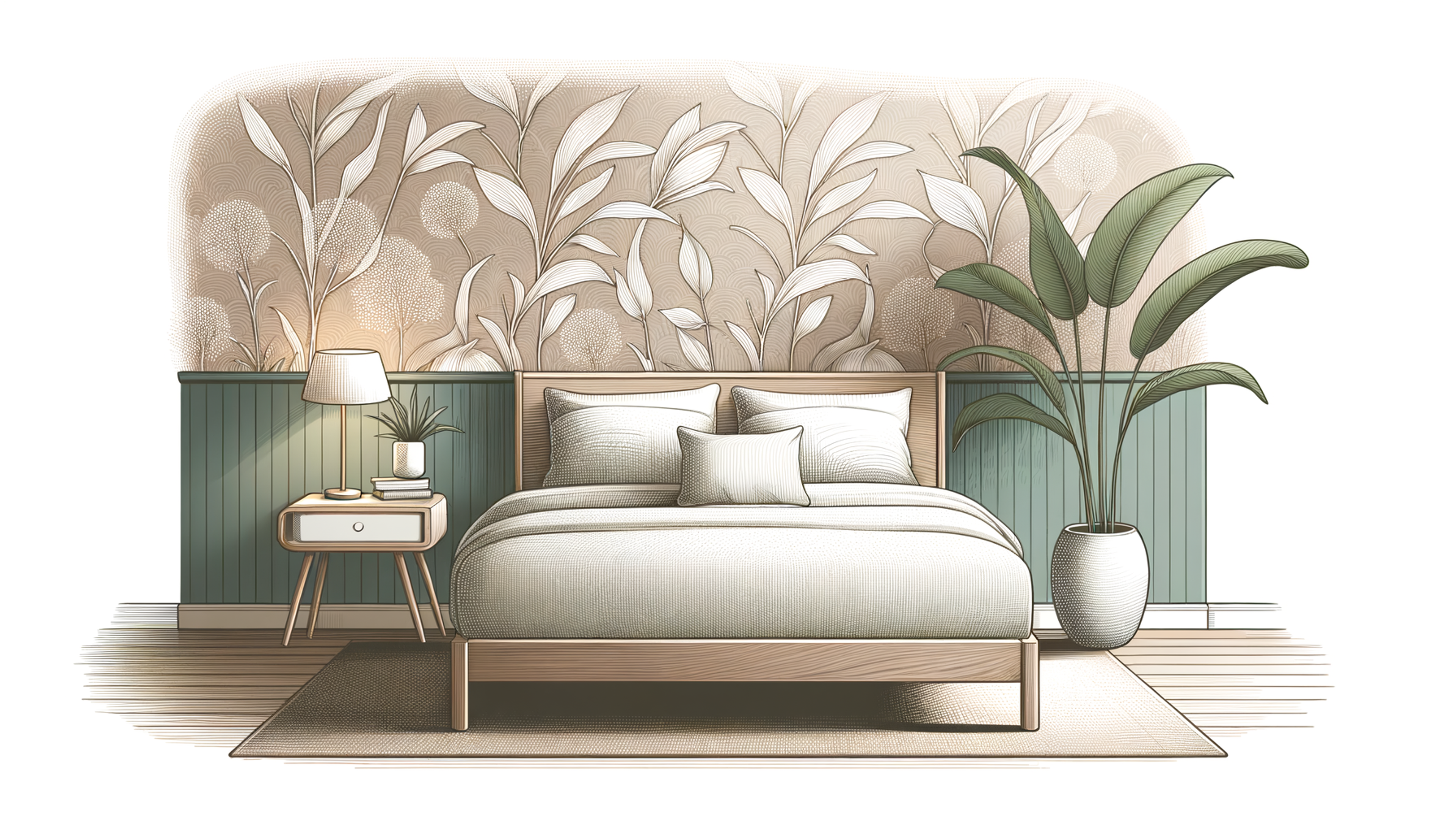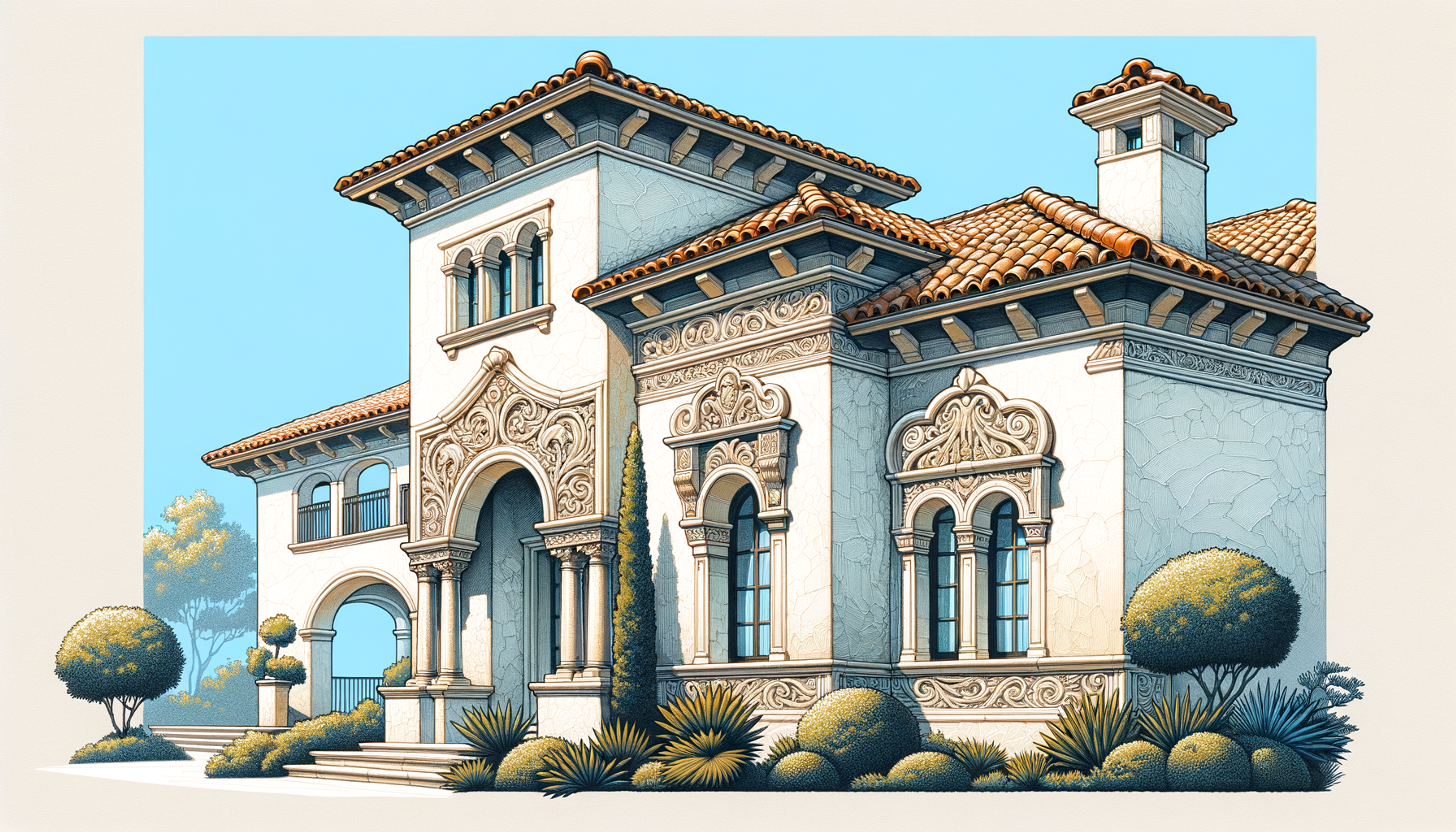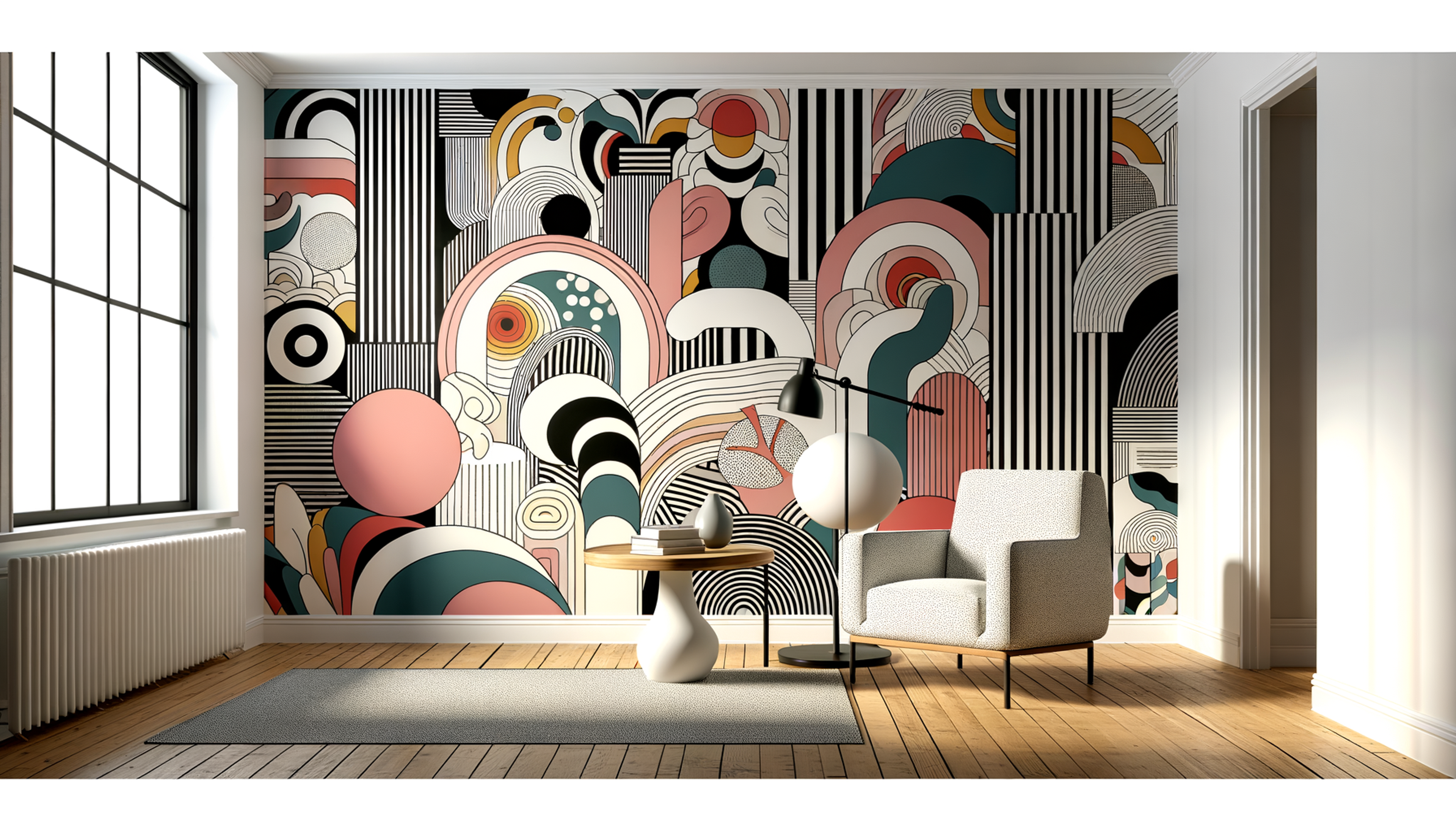Painting is an age-old art form that has captivated the human imagination for centuries. From the prehistoric cave art of Lascaux to the vibrant canvases of modern abstract artists, painting has evolved in myriad ways, reflecting the changing landscapes of culture, technology, and personal expression. Despite the rise of digital media, the tactile experience of painting continues to hold a special place in the art world, offering artists a tangible way to explore their creativity and communicate with audiences on an emotional level.
One of the remarkable aspects of painting is its versatility. Artists can choose from a wide range of mediums, each offering unique properties and effects. Oil paints, famed for their rich texture and depth, have been a favorite of masters like Rembrandt and Van Gogh. Watercolors, with their translucent washes, allow for delicate, flowing compositions that capture light in a unique way, a technique favored by artists such as J.M.W. Turner. Acrylics, known for their quick-drying nature, offer flexibility and are particularly popular among contemporary artists experimenting with mixed media.
Techniques in painting are as diverse as the mediums themselves. Realism strives to capture the world with photographic precision, while Impressionism focuses on the play of light and color to convey a sense of movement. Expressionism delves into the emotional and psychological realms, often distorting reality to evoke a deeper response. Abstract art, on the other hand, breaks away from traditional representation, using shapes and colors to convey meaning or evoke a viewer's personal interpretation.
Beyond technique and medium, the inspiration behind painting is endlessly varied. Nature has always been a powerful muse, from the tranquil landscapes of the Hudson River School to the lush gardens of Monet's Giverny. Human emotions and experiences form another wellspring of artistic inspiration, with artists expressing themes of love, conflict, and personal identity through their work. Additionally, cultural and social issues have emerged as prominent subjects, providing a platform for artists to comment on politics, environment, and societal change.
In the modern era, art is increasingly influenced by globalization and technology. Artists draw from a rich tapestry of cultural interactions and digital influences, resulting in innovative, cross-cultural expressions. The availability of online platforms allows artists to share their work with a global audience, fostering a dynamic exchange of ideas and styles.
Despite the ever-evolving art landscape, painting remains a vital and timeless form of expression. It bridges the gap between historical traditions and modern techniques, continuing to inspire and innovate. Whether you are an aspiring artist, an art lover, or simply curious, exploring the world of painting can open doors to a deeper understanding of art and the human experience. Through the strokes of a brush, layers of pigment, and bursts of color, painting invites us to see the world anew and explore the limitless realms of imagination.



